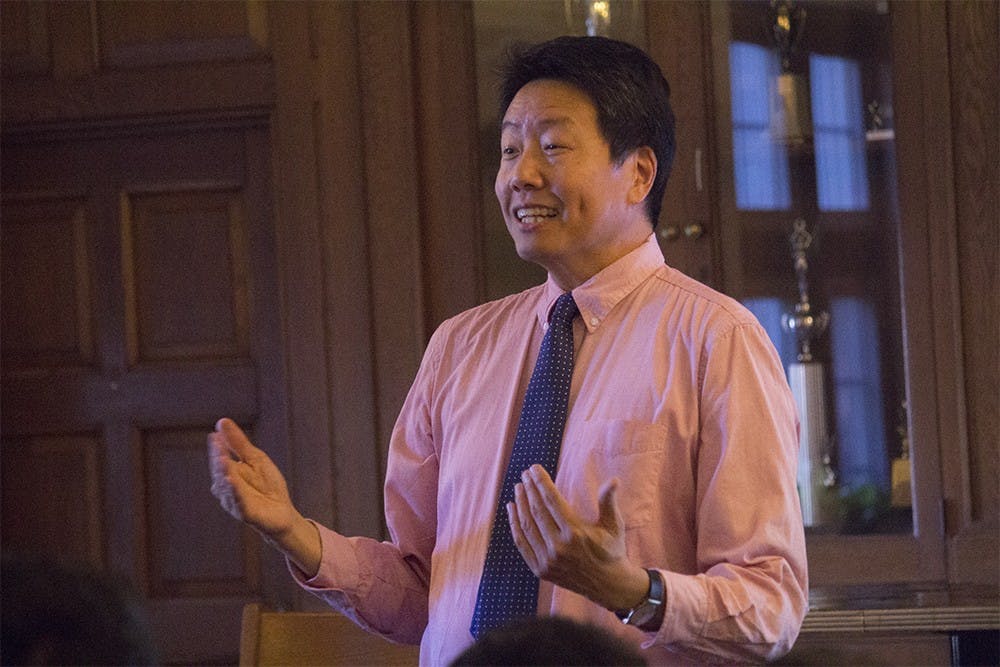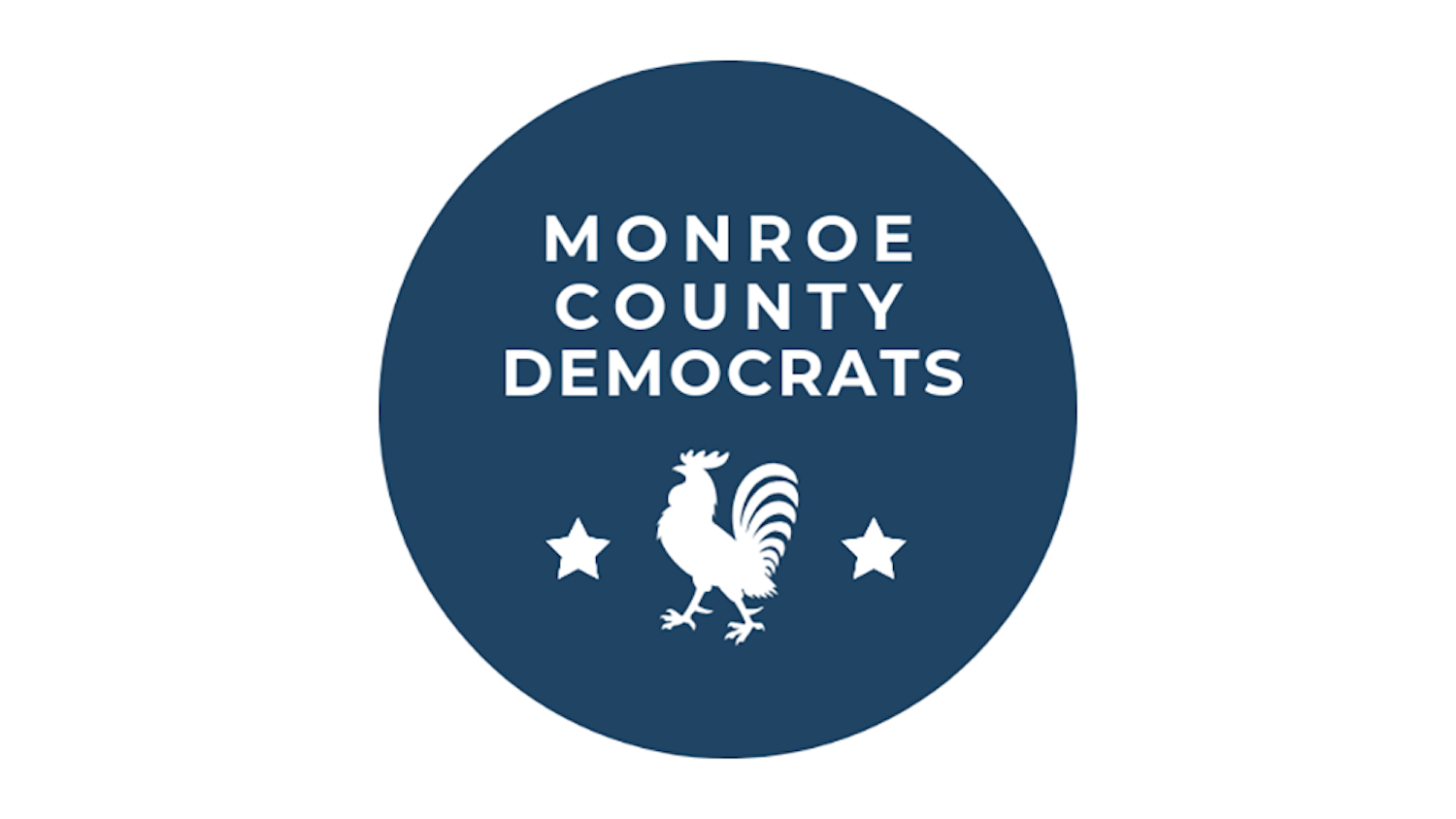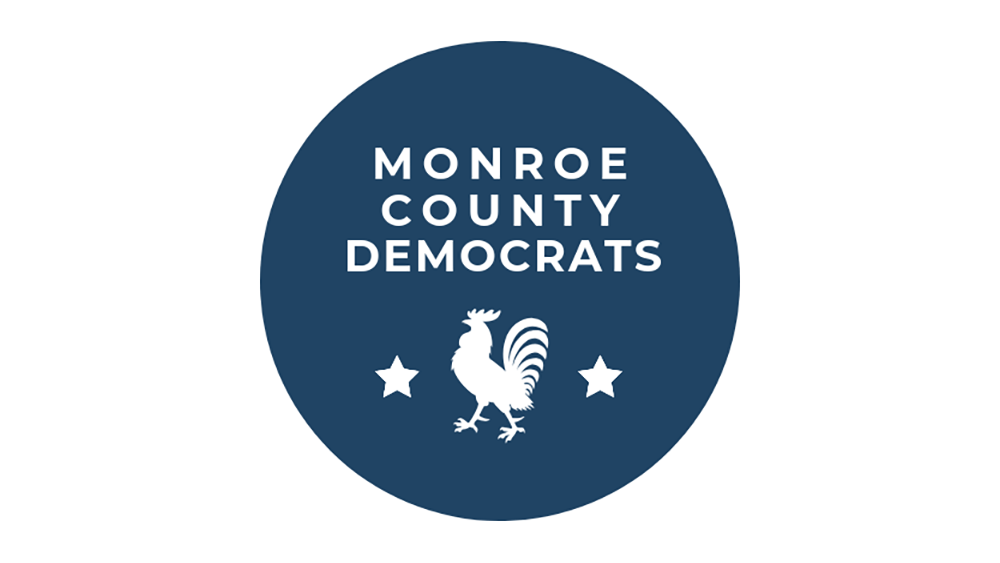Kent Wong, Founding President of the Asian Pacific American Labor Alliance, spoke with students and faculty at 5:30 p.m. Wednesday at The Coffeehouse at Collins LLC.
Wong’s lecture was the first of Over a Cup of Tea’s “Voices of Economic Justice” series, a three-part speaker series focused on addressing historical and contemporary labor issues related to the Asian diaspora.
“Voices of Economic Justice” is part of the College of Arts and Science’s 2015 Themester, @Work: The Nature of Labor on a Changing Planet, which explores the cultural, technological, historical legacy, contemporary significance and future implications of the changes taking place in the working world.
Melanie Cullather, the director of the Asian Culture Center, proposed the idea to the Faculty Themester Committee to receive funding for the event.
“We chose economic injustice as our topic under this theme because we would like our students to be aware of the issues facing the workers and reflect on how their actions, choices and decisions as consumers might have an impact on the lives of the people behind the products they’re buying,” Cullather said.
Kayleigh Burgess, who coordinated the event, said because labor issues affect everyone, it is important for people to be knowledgeable about labor movements in the United States.
“Learning from labor activists such as Kent Wong gives students first-hand knowledge of not only the issues that affect Asian Americans and Pacific Islanders in the United States, but the innovative ways that collective action can address them,” Burgess said.
Wong discussed a variety of issues impacting Asian-American workers as well as the way in which this community fits into the broader economic justice movement in this country.
As a college student, Wong began his work surrounding the labor movement as a boycott organizer for the United Farm Workers of America.
Founded by César Chávez in 1962, the UFW was the first successful and largest farm worker’s union in the country. Currently, the UFW is active in 10 states. Wong said he was drawn to the organization because it represented a movement for social justice.
“I was really happy that the Asian Culture Center is bringing together these issues around economic justice and around the Asian Pacific American community,” Wong said. “It’s something that I have spent my career and my lifetime working on.”
Wong said there are few gatherings that adequately address the connection between these topics.
A former Union attorney in Los Angeles, Wong spent many years representing the city’s low-wage workers. In a city which he said boasts the highest rate of income inequality in America, Wong is all too familiar with the reality of the situation.
“We have communities like Bel Air and Beverly Hills and Malibu where every single home, block after block, mile after mile, is worth millions of dollars,” Wong said. “And yet, right on the other side of town, we have the largest sweat shop economy in the country where mainly Latina and Asian women garment workers work for sweatshop wages in unsafe conditions.”
Wong said there are still unnecessary deaths in the fields of California from causes such as heat stroke because employers refuse to provide shade, drinking water and rest breaks.
“How could it be that the wealthiest country on the planet, that workers who plant and pick the fruits and vegetables that each of us eat every day of our lives,” Wong said. “How could it be that those workers are paid poverty wages, live in shanty towns and substandard housing and are poisoned by pesticides in the fields?”
Wong serves as the director of the Center for Labor Research and Education at the University of California at Los Angeles, where he is also a professor of Labor Studies and Asian-American Studies.
Wong showed a video that outlined some of the work that APALA has been doing within the labor movement to recruit and train future Asian-American union activists and union organizers.
“We designed this program specifically because we realize that there are millions and millions of Asian-Americans who are working in low-wage jobs,” Wong said. “We desperately need a better opportunity, a better chance and a better hope for the future.”






